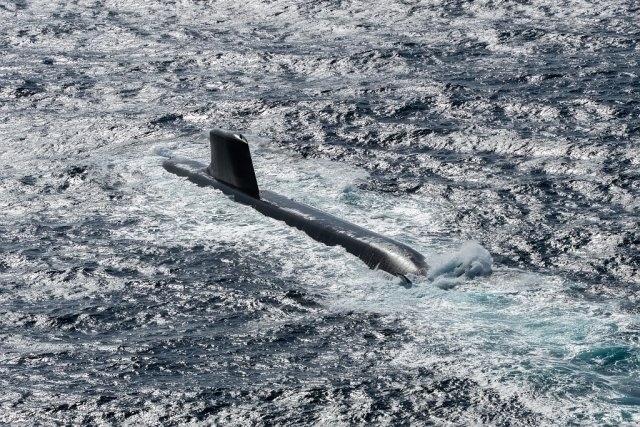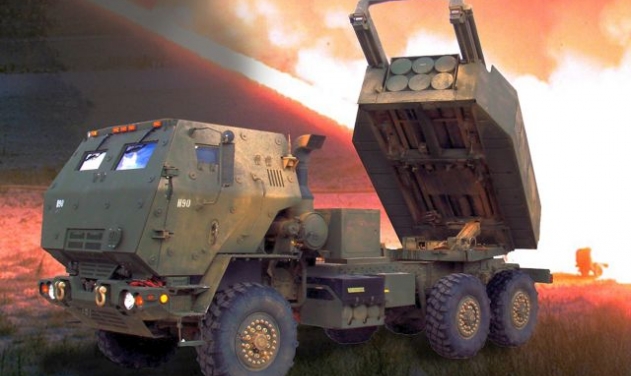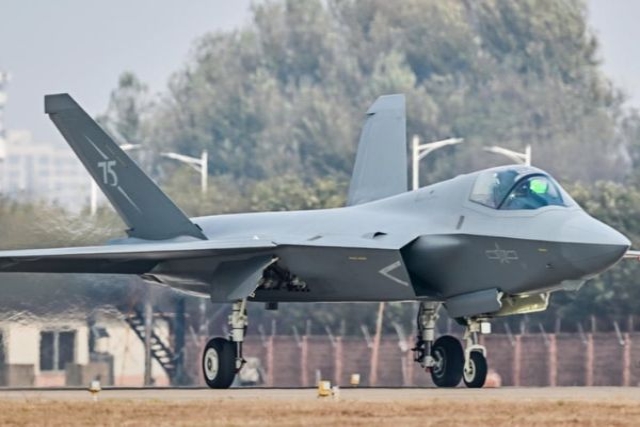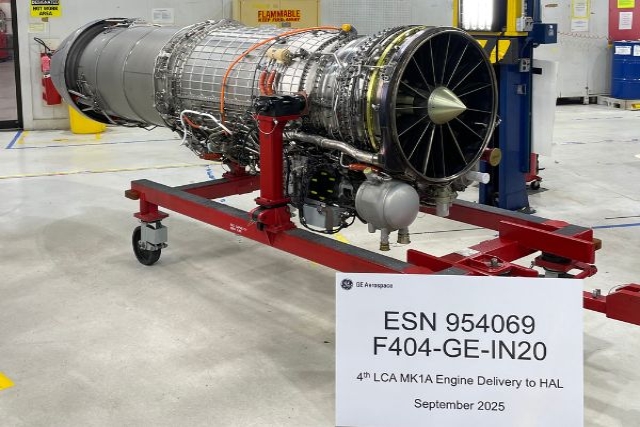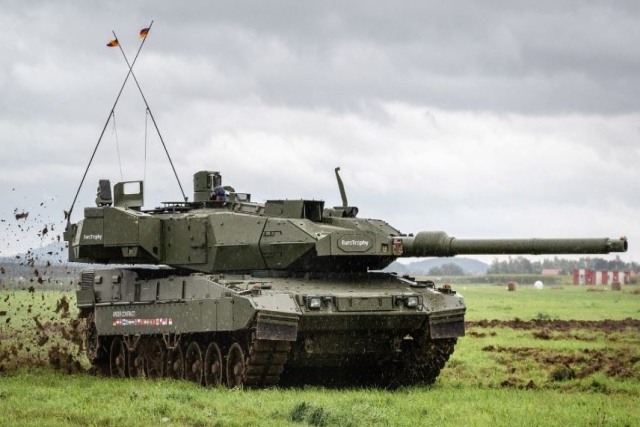Australia to Pass France's Naval Group; Looks to the U.S., U.K. for Nuclear Submarines
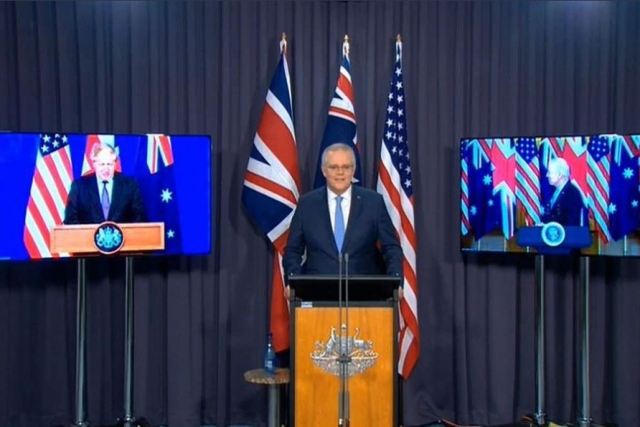
Australia has scrapped its intent to buy submarines from French shipbuilder Naval Group in what could have been the country’s largest ever defence contract, and is now eyeing at collaborating with the United States and the United Kingdom for the project.
“Today, Australia begins an enhanced trilateral security partnership with the U.K. and the U.S. to enable deeper cooperation on security and defence capabilities. This is an historic opportunity for our countries to strengthen our nations’ security in uncertain times,” Australia’s Prime Minister Scott Morrison said in a statement.
Naval Group’s Reaction
Slamming Australia’s decision Naval Group said in a series of tweets posted on Thursday, “The Commonwealth decided not to proceed with the next phase of the program. This is a major disappointment for Naval Group, which was offering Australia a regionally superior conventional submarine with exceptional performances.” The company claimed it offered Australia “a sovereign submarine capability making unrivalled commitments in terms of technology transfer, jobs and local content.”
“For five years, Naval Group teams, both in France and in Australia, as well as our partners, have given their best and Naval Group has delivered on all its commitments. The analysis of the consequences of this sovereign Australian decision will be conducted with the Commonwealth of Australia in the coming days,” the company added.
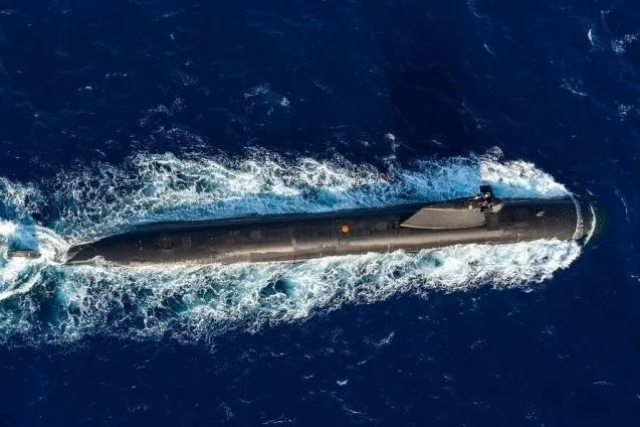
The Australia, U.K. and U.S. (AUKUS) Deal
The new deal announced by U.S. President Joe Biden, U.K. Prime Minister Boris Johnson and Morrison calls for the Americans to share secret nuclear technology to help Australia in the switch to nuclear-powered boats. The fleet will be the first initiative of a newly formed trilateral security partnership called ‘AUKUS.’
It’s the first time the U.S. has aggreed to share its nuclear propulsion technology with an ally since the U.S.-U.K. Mutual Defence Agreement of 1958, after the Soviet Union launched Sputnik.
The first initiative under ‘AUKUS’ is the delivery of nuclear-powered submarines for the Australian Navy. “This will allow the Department of Defence to meet its mission to protect Australia and its national interests, and that of our regional friends, into the future,” Morrison stated.
The deal does not extend to nuclear weapons, only the propulsion system, which has always been conventional diesel-electric in Australia's submarine classes.
"We intend to build these submarines in Adelaide in close cooperation with the U.K. and the U.S. But let me be clear, Australia is not seeking to acquire nuclear weapons," Morrison said.
Why Did the Deal with Naval Group Collapse?
Australia’s Ministry of Defence recommended three contenders for the competitive evaluation process, and it picked French shipbuilder Naval Group as the eventual winner. The company won the Collins-class replacement program, also known as SEA1000, in 2016 with its Shortfin Barracuda Block 1A design. This conventionally powered diesel-electric submarine is based on a scaled-down version of the nuclear-powered Barracuda (Suffren) design that is now entering French Navy service.
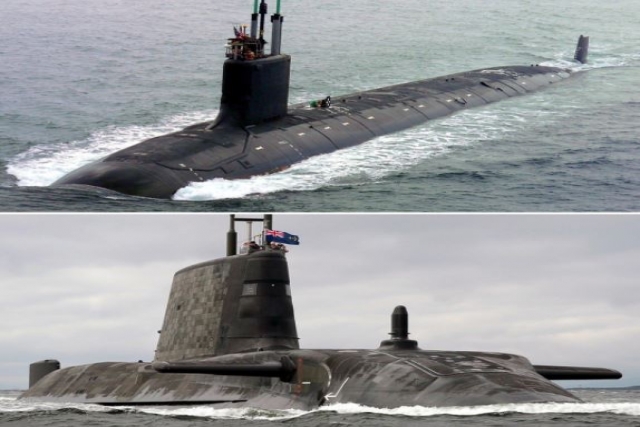
The Australian media have long been reporting citing sources in the Defence Ministry that the deal with Naval Group to build a dozen submarines for the Navy was not making progress.
It is said to be due to a combination of reasons, including cost blowouts, missed delays and political. Since negotiations with France began, Australia has had three prime ministers, three deputy PMs, three failed treasurers, five defence ministers and four ministers for defence industry. Of the 15 individuals to have held these portfolios, seven have left the Parliament.
While the project was initially estimated to cost between $20-25 billion, it is now reportedly pegged at around $65 billion (AUS$90 billion). France, meanwhile, is said to be paying $10.2 billion for six Barracudas for its own Navy.
Even the idea of building a submarine powered by a diesel-electric engine was considered a fail.
